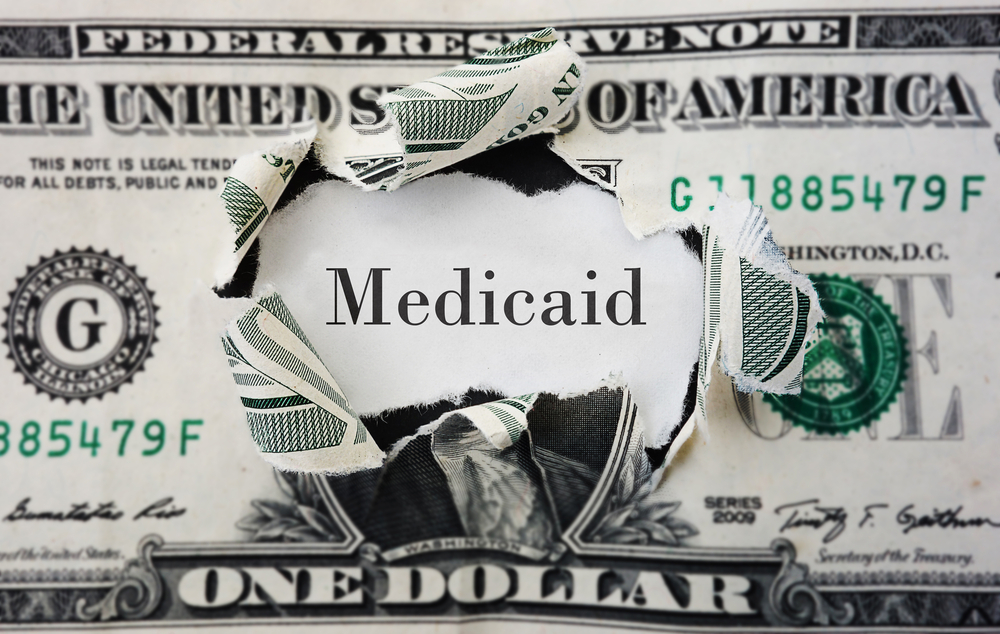2 min read
Medicaid Disproportionate Share Hospital (DSH) Program: What It Is and Recent Changes
The Rybar Group : Jan 12, 2023 10:27:29 AM

Disproportionate Share Hospital Payments
The Medicaid Disproportionate Share Hospital (DSH) program was created under federal law in 1981 to compensate qualifying hospitals that serve a large number of Medicaid and uninsured individuals. Although created through federal law, states can design their DSH programs to meet their state needs as long as the minimum federal eligibility requirements are met. At a minimum, hospitals that receive DSH payments must have at least 1% Medicaid utilization and payments cannot exceed the unreimbursed cost for providing inpatient care to Medicaid and uninsured individuals per federal guidance (OBRA 1993).
DSH Audit
On December 19, 2008, CMS promulgated CMS-2198-F, which required states to report and audit DSH payments to hospitals to ensure the appropriate use of Medicaid DSH payments and compliance with the statutorily imposed hospital-specific limits. By December 31, 2009, states were required to submit reports for State plan rate years 2005 and 2006. Each subsequent report and audit beginning with 2007 must be completed by the last day of the Federal fiscal year (September 30th) ending three years from the end of the Medicaid State plan year under audit. Failure to complete the required reporting would put a State’s Federal Financial Participation (FFP) for DSH expenditures at risk. These audits require states to determine hospital specific DSH limits and report any overpayments. Hospitals with overpayment balances must return said payments to the State.
Consolidated Appropriations Act, 2021
From the adoption of CMS-2198-F, the cost of services related to dually-enrolled individuals were included in a hospital’s Uncompensated Care Cost (UCC). However, with the implementation of the Consolidated Appropriations Act of 2021, the costs associated with dually-enrolled (Medicare and Medicaid or private insurance and Medicaid) individuals are no longer allowable in the UCC calculation. The updated UCC calculation only allows for the inclusion of costs and payments for services where Medicaid is the primary payor.
Although most hospitals will not be able to include costs related to dually-eligible individuals, there are some exceptions to the new rule. Some hospitals may still be able to continue including the costs and payments associated with dually-eligible individuals if it results in a higher DSH limit. To be eligible for the exemption, hospitals must be in the 97th percentile of all hospitals in the number of Medicare supplemental security income (SSI) days or percentage of Medicare SSI days to total inpatient days in its most recent cost report year.
These new changes will have an impact on future DSH payments and audits.
To learn more about the DSH program and the opportunities it represents for your facility, contact Brooke Yowell, Medicaid Reimbursement Manager, at 850-228-5844 or byowell@therybargroup.com.